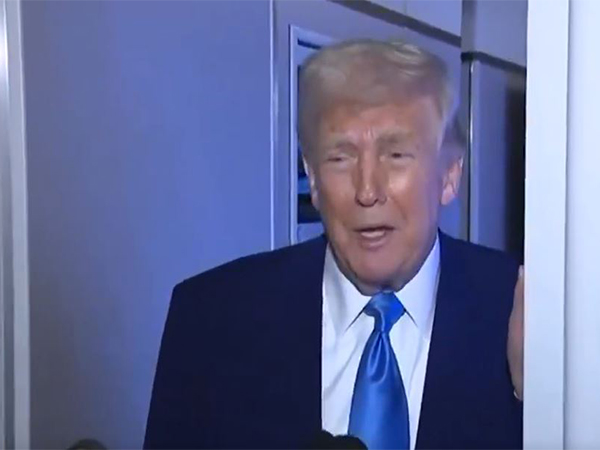Govt asks auto industry to bring down costs for boosting sales
Sep 17, 2020

By Shailesh Yadav
New Delhi [India], Sep 17 : India's tax policy on automobiles has been quite consistent for the past three decades and the industry should strive for greater efficiency levels to bring down costs rather than expect tax cuts, government sources said on Thursday.
"These companies should cut down cost of manufacturing by reducing royalty payments to their parent companies abroad instead of asking the government to reduce Goods and Services Tax (GST), said a senior official of the Finance Ministry.
Government policies have allowed foreign investments and incentivised domestic automobile manufacturing by providing reasonable protection from imports. The industry on its part has delivered. It has contributed by way of large investments and employment.
"But all of a sudden, the dissent in some quarters on tax rates on automobile is surprising," said the official pointing out that several concessions have been provided to electric vehicles and hybrid vehicles to encourage their use.
Amid the Covid-19 economic slowdown, auto industry leaders have been demanding reduction in GST rates to shore up demand as weak consumer sentiment has crippled sales.
Another official said it is incorrect to claim that high taxes are driving down automobile demand. The fact of the matter is that Indian market and the consumers are a discerning lot.
At the same time, most established players are used to regulatory and taxation environment and have flourished.
"If the regulatory environment was not conducive, it would be hard to imagine new players like Jeep, Kia Motors and MG investing heavily into manufacturing facilities in India. Companies which can feel the pulse of Indian consumer and deliver accordingly are ruling the roost."
Government sources say the GST rates on automobiles are less than what value added tax and excise duty rate used to be before the introduction of uniform taxation across the country.
Besides, the GST on automobiles is in the highest across the globe without much exception. Japan, for example, has three types of taxes on automobiles -- once on purchase, then an annual automobile tax based on engine size and finally a weight tax at inspections required once every two years.
Besides, there are road usage charges. Further, high parking charges are common across the globe. Most of the countries provide certain concessions to electric vehicles. Given this, it will be unfair to claim that the GST rates in India are astounding or a demand dampener, they said.




















